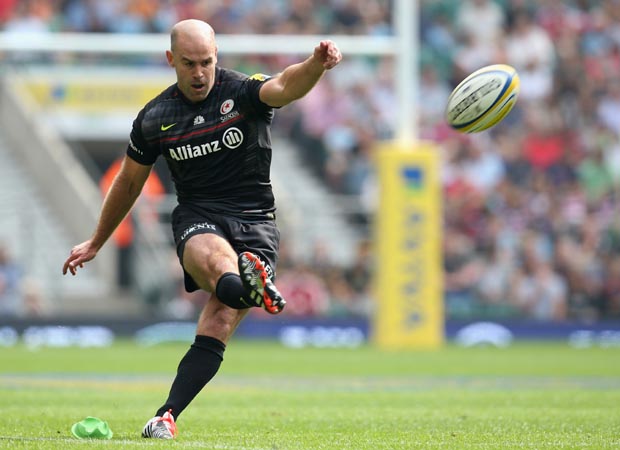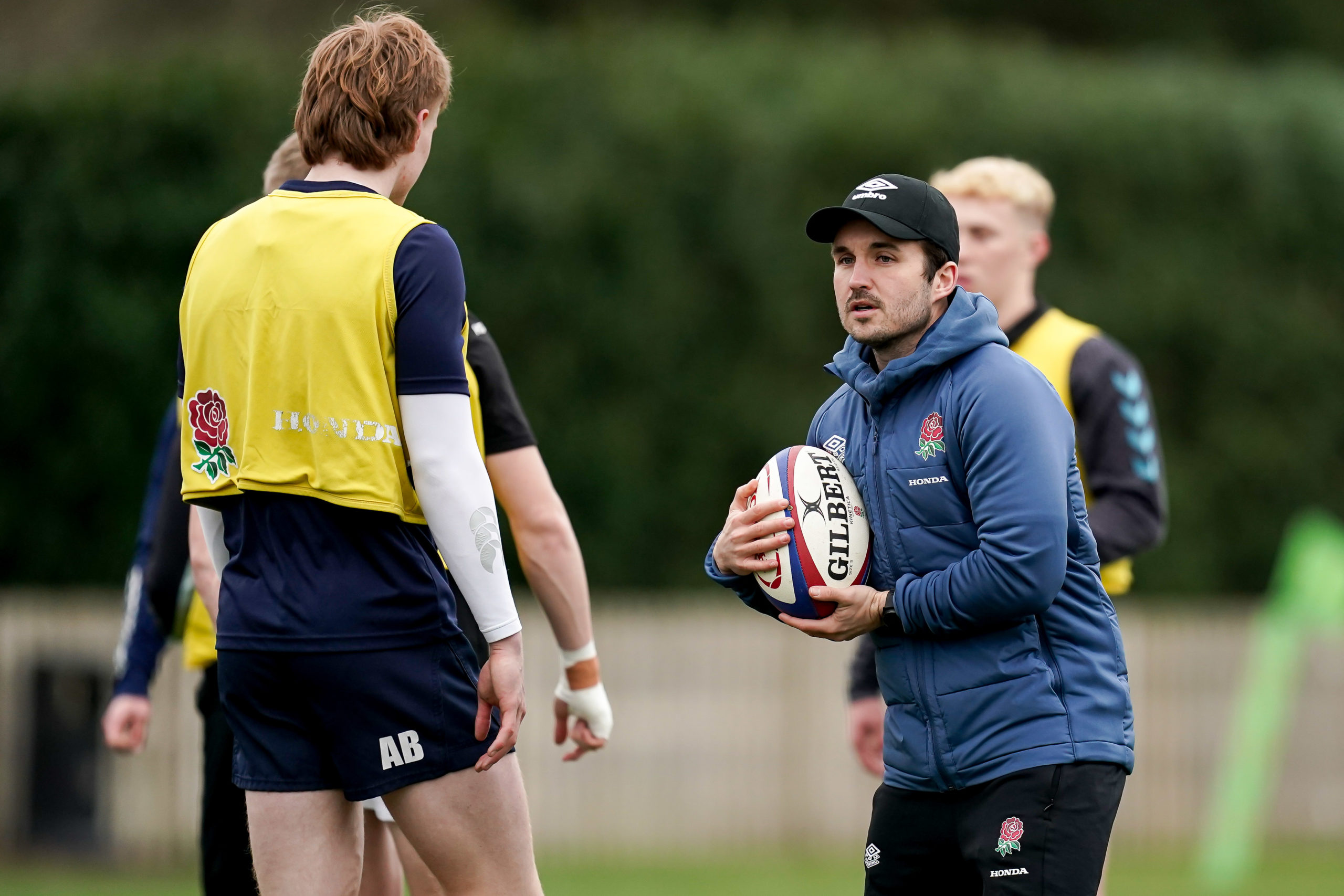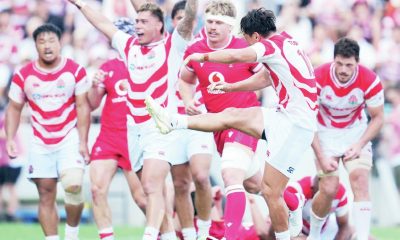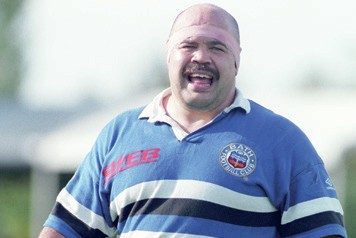
The two concepts have something more in common other than smacking of commercial stunts. Neither is likely to take place as planned, if at all.
New Zealand‘s premier in New York, headquarters of their global jersey sponsors, has been scheduled for Saturday November 1, a week before the World Cup holders start an autumn series against France, England and Wales.
Their problem over the proposed Big Apple gig goes beyond the fact that the obvious venue, the 82,566-seater MetLife stadium used by the New York Giants and the New York Jets, is named after one of the All Black sponsors’ major insurance rivals.
Boston may prove to be of more practical use in finding the right venue at the right time, but the bigger issue is an even more fundamental one, finding an opponent. To be fair, All Blacks’ chief executive Steve Tew has admitted as much.
“The hardest thing is who we play,” he said. “We have got to sort that out. First we have got to find a proper stadium. It’s got to be available that weekend and it’s got to be big enough.”
A Test match against Ireland in the most Irish of American cities would be the most rewarding fixture in the best of All Black worlds. For Ireland, otherwise engaged preparing for their autumn series, it is almost certainly a non-starter, no matter how big the bucks.
Ireland play home Tests next autumn against South Africa, Georgia and Australia. They say no discussions have taken place over an extra fixture, against New Zealand in the US.
“We are largely in control of our players so we could be in a position to play a match at the beginning of November,” IRFU chief executive Philip Browne said. “Whether the national coach would want that is another question. Four matches on the trot with our playing base is a tricky matter.”
The American market has proved less than fertile. When Ireland, minus their Lions, played the US national team in Houston last summer, fewer than 30,000 turned up.
“The difficult thing is trying to unlock the market place over there,” Browne said. “Rugby isn’t very high up on the consciousness of the American sporting public.
“Interest in our match there in June didn’t really translate into bums on seats. Do we really think there would be a big turn-out of US fans for New Zealand versus Ireland in Boston? I just don’t know.”
So if the All Blacks’ American venture is to take flight, it will have to be against scratch opponents, begged, borrowed or stolen from those few countries not involved in the autumn – a Rest of the World hotchpotch.
While that will do a lot for the All Blacks’ finances, it is unlikely to do very much, if anything, as an evangelical exercise for American rugby. As for the gimmick of the Wallabies’ proposed hybrid money-spinner against the GB League team, well that would do absolutely nothing for the credibility of either sport.
Chasing the dollar has long been the name of the game, one encouraged by the IRB’s perennial refusal to grasp the nettle and impose a limit on the number of Tests any country can play in a year. So much for all the pious talk about player welfare.
The late Vernon Pugh talked about it during his stint as chairman, almost 20 years ago, since when the number has risen exponentially. Wales, for example, played 17 in 2011 and clearly the Wallabies feel their schedule is not full enough
The Australian Rugby Union‘s desperation to make their game pay means that the Wallabies have probably overtaken South Africa as the No.1 hired gun, no mean achievement.
Not content with four matches in four weeks at the end of their season next November, the ARU had announced the cross-code fixture at Wembley on December 6, one week after England at Twickenham. The idea would be to play one-half of Union and one-half of League, rather like Wigan-Bath in 1996 and Sale-St Helens seven years later.
ARU chief executive Bill Pulver sounded up for it, on the basis that “entertaining fans is the No.1 issue for me”. He had been approached by a consortium whose front men included ex-Wallaby greats Bob Dwyer and Mark Ella.
Some very fancy numbers were bandied about. The match would be worth £2.5m to the Wallabies another £2.5m to the Rugby Football League and the players would be paid £30,000-a-man. Nice work if you can get it except, mercifully, it looks to be a non-event.
Ewen McKenzie, whose inspired coaching has converted Australia from dead-beats against the Lions into a team a class apart from the best in Europe, Wales, clearly considers it of zero importance, dismissing anything that interferes with “the core business….of winning Test matches”.
In this, the pantomime season, it would be reassuring to say that the IRB had scuppered the idea. The RFL would appear to have done that for them although the media department at League headquarters in Leeds issued a somewhat garbled response.
“As far as the governing body is concerned, we have seen no official status for that,” a spokesman said before sounding a trifle irritable at being asked to state categorically that no such game will take place. “Speculation is one thing.”

British and Irish Lions
British and Irish Lions: Elliot Daly Silenced the Doubters; Now It’s Time for Owen Farrell





























You must be logged in to post a comment Login